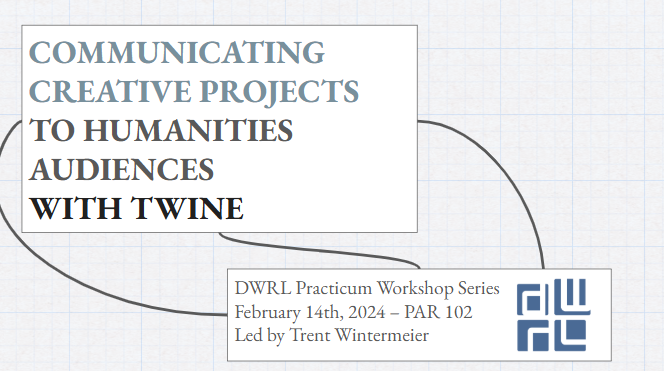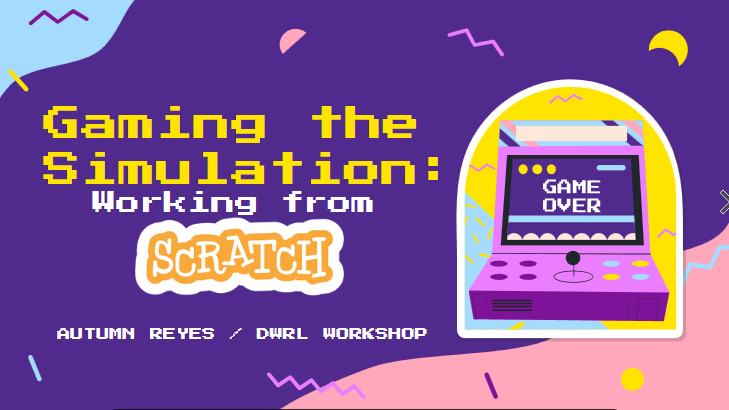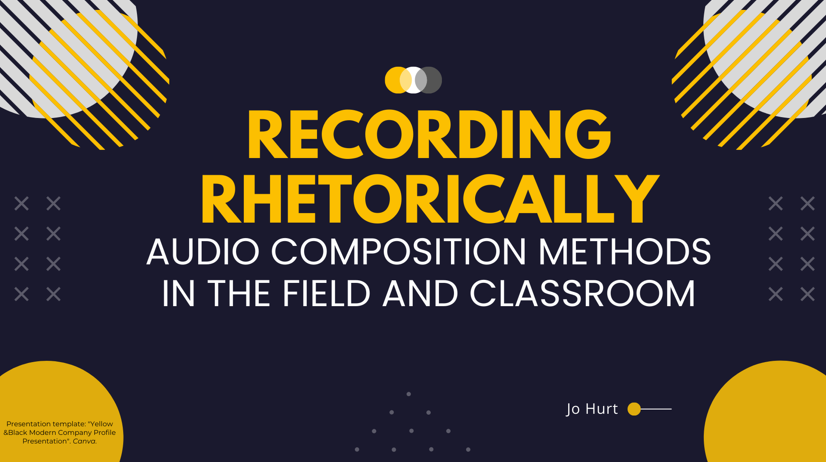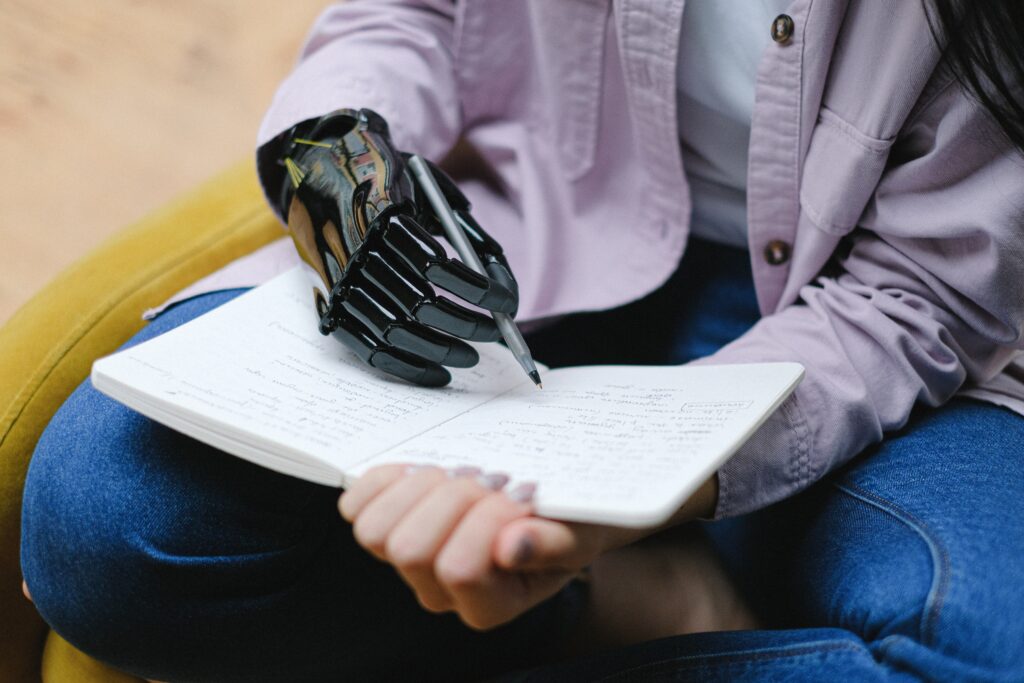supporting graduate student research
Projects
and digital work in the humanities
practice
The Digital Writing and Research Lab is evolving to better serve our communities, disciplines, and most importantly, our graduate students. With goals of production, publication, and professional development, we operate as a practicum, in which students, faculty, and staff collaborate on projects that contribute to scholarly and popular conversations about digital literacies, cultures, and practices.
featured project
During Fall 2022, Prof. S. Scott Graham asked students in Rhetoric and Algorithms (RHE 330C) to respond to a proposal writing assignment using artificial intelligence (AI) software. Experienced first year writing instructors in the DWRL were asked to evaluate the results. Click the link to get more information on the project.
Student Essay AI Co-Writing Public Demonstration
dwrl practicum portfolio
Research projects and workshops developed by participants of the DRW 3rd-year digital practicum course
Trent Wintermeier, "Communicating Creative Projects To Humanities Audiences with Twine"
2024-2025
This workshop taught participants how to communicate non-traditional research to humanities audiences using the non-linear storytelling platform Twine. Participants identified key stakes, affordances, and tools for their project, and conceptualizes these components in terms of twine passages. They first created an analog twine network of passages, then transposed this network into Twine.

Autumn Reyes, "Gaming the Simulation"
2023-2024
This project explored the potentials of game-based pedagogy in the rhetoric and writing classroom. It culminated in a workshop on the coding platform Scratch. In groups, participants were asked to make a game. Over the course of this workshop participants learn integral components of Scratch wherein we discussed the interface, some of
its services and affordances. They also learn rhetorical concepts, attributes, and terms that
can be worked through Scratch. In addition to making a game, participants were asked to
contribute a rationale that allows you to think through the rhetorical components that go into
making a game.

Jo Hurt, "Recording Rhetorically"
2022-2023
This project explored the potentials of audio composition methods in the field and rhetoric classroom. It investigated key questions such as, how does
observation as a mode of relation demand, make possible, and/or limit
response? How does the presence or absence of technological mediation change the experience of embodiment and/as observation? And finally, how does audio composition, as a practice grounded in technologically
mediated observation, demand, make possible, and or limit ways we
account for relations?



